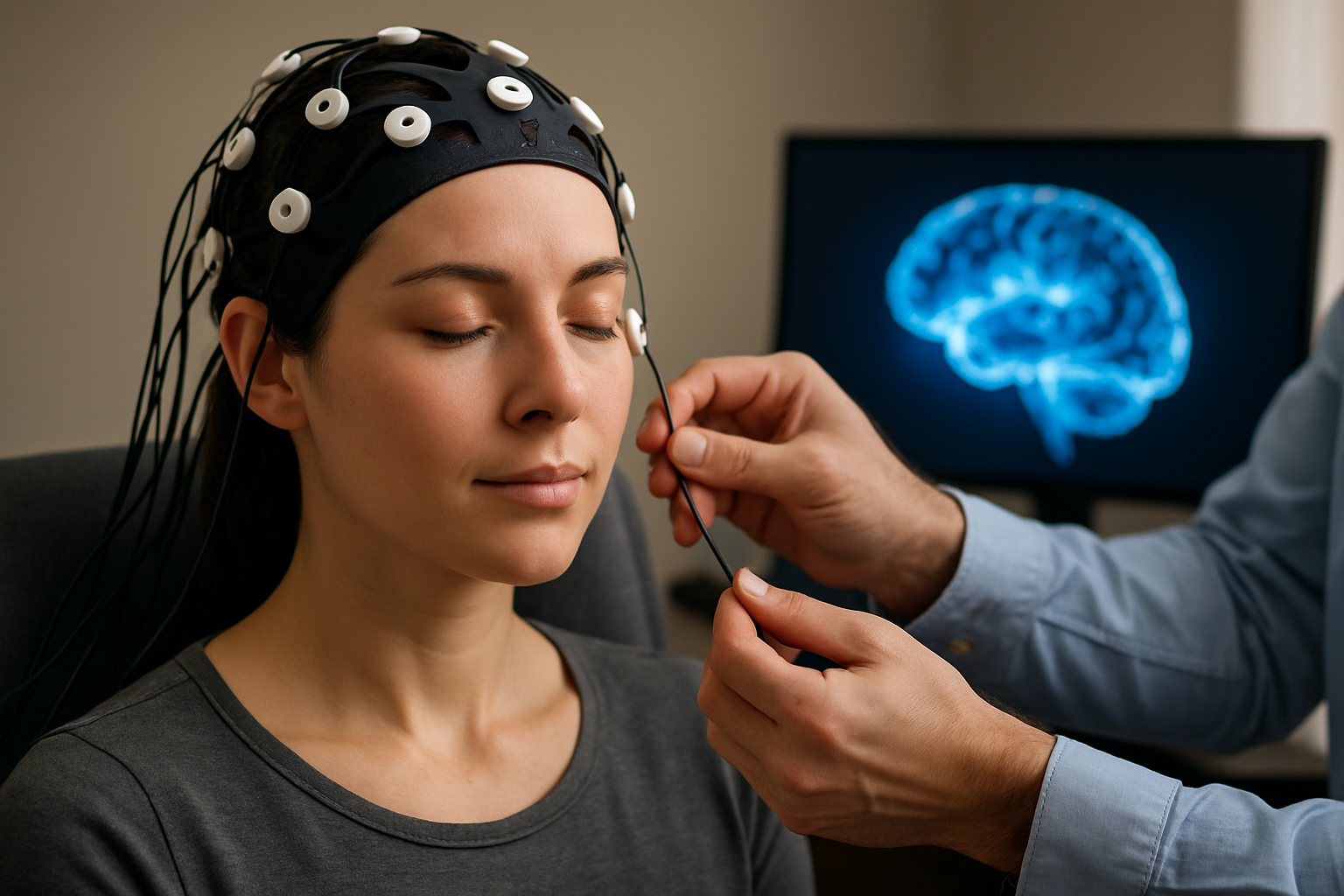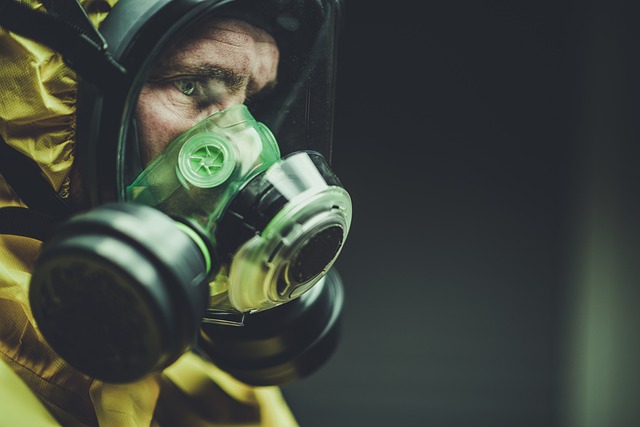Start a Medical Assistant Career in Virginia With Training
The medical assistant field in Virginia continues to offer stable and meaningful career paths for individuals ready to start work without prior experience. Many healthcare facilities are actively hiring for roles that support both administrative and clinical tasks across hospitals, clinics, and private practices. These positions often include training programs that teach essential skills such as patient communication, record management, and basic care procedures. Understanding how to qualify for these roles and what kind of preparation is required can help you make an informed decision about your next professional step.

What Skills Do Medical Assistant Training Programs Teach?
Medical assistant training programs provide comprehensive instruction in both administrative and clinical competencies. Students learn essential administrative skills including medical billing and coding basics, appointment scheduling, patient registration, and electronic health record management. Clinical training covers vital sign measurement, basic laboratory procedures, medication administration assistance, and patient preparation for examinations. Communication skills receive significant emphasis, as medical assistants serve as the bridge between patients and healthcare providers. Programs also include instruction on medical terminology, healthcare ethics, and patient confidentiality requirements under HIPAA regulations.
How Long Does Medical Assistant Training Typically Take?
Most medical assistant training programs can be completed within six months to two years, depending on the program format and intensity. Certificate programs, which focus specifically on medical assistant skills, typically require six to twelve months of full-time study. Associate degree programs, which include general education requirements alongside medical assistant coursework, usually take eighteen to twenty-four months to complete. Some accelerated programs allow students to finish training in as little as four months through intensive scheduling. Part-time options are available for working adults, extending completion time but providing flexibility for those balancing other responsibilities.
Which Certification Options Are Available for Medical Assistants?
Several reputable organizations offer certification for medical assistants in Virginia. The American Association of Medical Assistants provides the Certified Medical Assistant (CMA) credential, which requires graduation from an accredited program and passing a comprehensive examination. The American Medical Technologists organization offers the Registered Medical Assistant (RMA) certification, available to graduates of accredited programs or those with qualifying work experience. The National Center for Competency Testing administers the National Certified Medical Assistant (NCMA) exam. While Virginia does not mandate certification for medical assistants, many employers prefer or require these credentials, and certified professionals often earn higher salaries.
What Career Opportunities Exist for Medical Assistants in Virginia?
Virginia’s healthcare sector provides diverse employment opportunities for trained medical assistants. Major hospital systems like VCU Health, Inova Health System, and Sentara Healthcare regularly hire medical assistants for various departments. Private physician practices, particularly in growing areas like Northern Virginia and the Richmond metropolitan region, offer positions in specialties including cardiology, dermatology, and pediatrics. Urgent care centers, outpatient surgery facilities, and community health centers also employ medical assistants. The aging population in Virginia creates ongoing demand for healthcare services, contributing to job security in this field.
What Makes Virginia’s Medical Assistant Training Programs Unique?
Virginia’s medical assistant training programs benefit from the state’s robust healthcare infrastructure and proximity to major medical centers. Many programs maintain partnerships with local hospitals and clinics, providing students with hands-on externship opportunities. The state’s location near Washington D.C. offers exposure to federal healthcare initiatives and military medical facilities, expanding training perspectives. Virginia’s community college system provides affordable training options with flexible scheduling to accommodate diverse student needs. Some programs incorporate specialized training for high-demand areas like electronic health records or phlebotomy, enhancing graduates’ employability in competitive markets.
Training Program Costs and Provider Options
Medical assistant training costs in Virginia vary significantly based on program type and institution. Community colleges typically offer the most affordable options, while private career schools may provide more intensive or specialized training. Understanding these differences helps prospective students make informed financial decisions about their education investment.
| Institution Type | Program Duration | Estimated Cost Range |
|---|---|---|
| Community Colleges | 12-24 months | $3,000 - $8,000 |
| Private Career Schools | 6-12 months | $8,000 - $15,000 |
| Online Programs | 6-18 months | $4,000 - $12,000 |
| Hospital-Based Training | 3-6 months | $2,000 - $6,000 |
Prices, rates, or cost estimates mentioned in this article are based on the latest available information but may change over time. Independent research is advised before making financial decisions.
Medical assistant training represents a practical pathway into Virginia’s growing healthcare sector. The combination of relatively short training periods, diverse certification options, and strong job prospects makes this field attractive for career changers and new workforce entrants. Success in medical assistant roles requires dedication to learning both technical skills and patient care principles, but the investment in training typically leads to stable employment opportunities throughout Virginia’s healthcare system.
This article is for informational purposes only and should not be considered medical advice. Please consult a qualified healthcare professional for personalized guidance and treatment.




